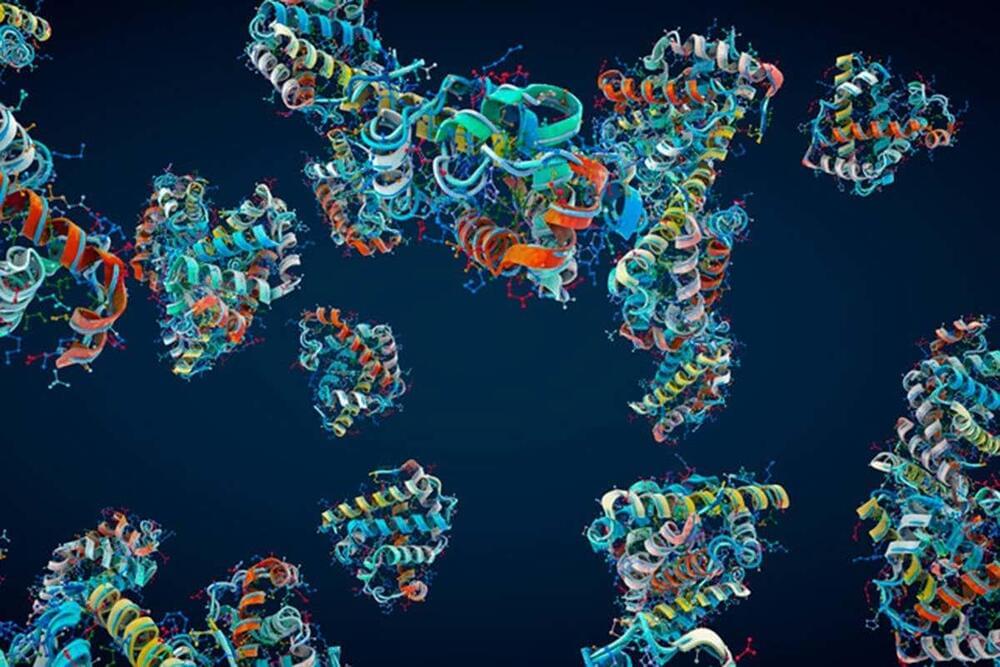The AI battle is heating up as Google’s Sparrow chatbot gears up to take on OpenAI’s ChatGPT. Will Sparrow be the one to reach AGI? Don’t miss out on this exciting competition!
• •••••••••••••••••••••••••••••••••••••••••••••••••••••••••••••
🔔 Did you enjoy the content? Subscribe here:
- https://rb.gy/nekyhx.
🎥 Want to watch more? Find videos here:
- https://rb.gy/l03r32
⚠️ Copyright Disclaimers.
• Section 107 of the U.S. Copyright Act states: “Notwithstanding the provisions of sections 106 and 106A, the fair use of a copyrighted work, including such use by reproduction in copies or phonorecords or by any other means specified by that section, for purposes such as criticism, comment, news reporting, teaching (including multiple copies for classroom use), scholarship, or research, is not an infringement of copyright.”
• We use images and content in accordance with the YouTube Fair Use copyright guidelines.






